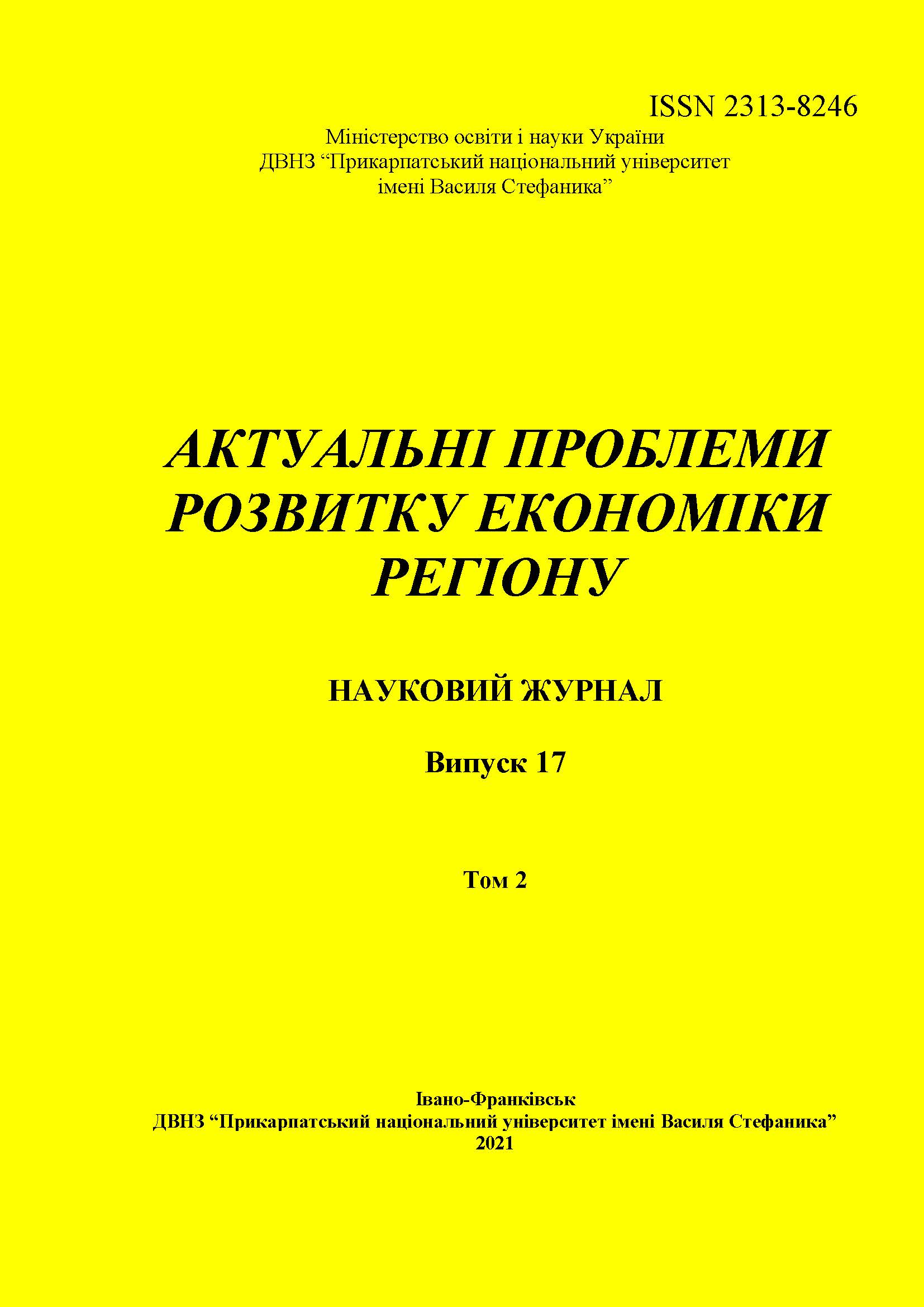INTERACTION OF THE ACCOUNTING CHAMBER OF UKRAINE WITH OTHER SUBJECTS OF STATE FINANCIAL CONTROL
DOI:
https://doi.org/10.15330/apred.2.17.46-56Keywords:
Accounting Chamber, state financial control, Verkhovna Rada of Ukraine, Cabinet of Ministers of Ukraine, interaction, controlling bodiesAbstract
Interaction of the Accounting Chamber of Ukraine with other subjects of state financial control. Given the relevance of the chosen research topic, the aim of the article is further theoretical study of such an external control body as the Accounting Chamber of Ukraine, clarification of the interaction of the above control body with other subjects of state financial control: Verkhovna Rada of Ukraine, Cabinet of Ministers, President of Ukraine. In the process of writing the article, inductive, deductive methods was used, which were used to study the functions of the Accounting Chamber. The graphic method was used to clearly reflect the construction and formation of the powers of the Accounting Chamber in accordance with the law. An abstract-logical method is used for theoretical generalizations and formation of conclusions.
It is established that the state financial control, which is carried out by the Accounting Chamber of Ukraine in the form of audits, inspections, is an important function of managing the financial system, aimed at preventing and preventing financial and economic violations in the use of budget funds. In this regard, the main purpose of public financial control is to ensure compliance with the principles of legality, expediency and effectiveness of administrative and executive actions for the management of public finances and property of the state, their preservation and increase to fully perform state functions.
It is noted that the object of state financial control is monetary relations that arise in the formation process and use of public finances and property of the state, as well as other economic entities. They are legal entities that, on behalf of the state (in accordance with the regulated legal norms), monitor other forms of control over the activities of economic entities in terms of compliance with the established restrictive parameters for the circulation of financial resources.
As a result of the study of theoretical and practical issues of the functioning of the public financial system with the Accounting Chamber of Ukraine, we believe that it is necessary to clarify the principles of interaction of the Chamber with other financial control bodies.
The theoretical and practical value of the study consist in identification of the interaction level of the Accounting Chamber of Ukraine with other subjects of public financial control.
References
2. On the Accounting Chamber. Law of Ukraine. Ligazakon , ips.ligazakon.net
3. On the Cabinet of Ministers of Ukraine. Law of Ukraine. Verkhovna Rada of Ukraine, zakon.rada. Accessed 3 Sept.2021
4. Lopushnyak, G, Maletska, O, and H. Rybchanska. “Accounting Chamber and its role in the implementation of public financial control in Ukraine.” Economics of agro-industrial complex, no. 20 (1), 2013, pp. 123-131.
5. Misyukevych, L.O. “Basic principles of implementation of control functions of the Accounting Chamber in the financial sphere in Ukraine.” Public administration in Ukraine, www.pag-journal.iei.od.ua/archives/2020/15-2020/5.pdf. Accessed 3 Sept.2021
6. Sereda, V.V., Kisil, Z.R., and V.V. Kisil. Administrative law: a textbook. Lviv, LvDUVS, 2014.
7. Khabliuk, О.А., and S.R. Yatsyshyn. “Performance audit in the system of public financial control, its essence and the need for implementation in Ukraine.” Economy and society, no.10, 2017, pp.827-831
8. Tabenskaya, Y.V, “Accounting Chamber as the highest body of independent external control.” Scientific Bulletin of Uzhhorod National University, no.19 (3), 2018, pp. 88-91.
Downloads
Published
How to Cite
Issue
Section
License
- Authors retain copyright and grant the journal right of first publication with the work simultaneously licensed under a Creative Commons Attribution NonCommercial NoDerivs 4.0 Unported License that allows others to share the work with an acknowledgement of the work's authorship and initial publication in this journal.
- Authors are able to enter into separate, additional contractual arrangements for the non-exclusive distribution of the journal's published version of the work (e.g., post it to an institutional repository or publish it in a book), with an acknowledgement of its initial publication in this journal.
- Authors are permitted and encouraged to post their work online (e.g., in institutional repositories or on their website) prior to and during the submission process, as it can lead to productive exchanges, as well as earlier and greater citation of published work (See The Effect of Open Access)


